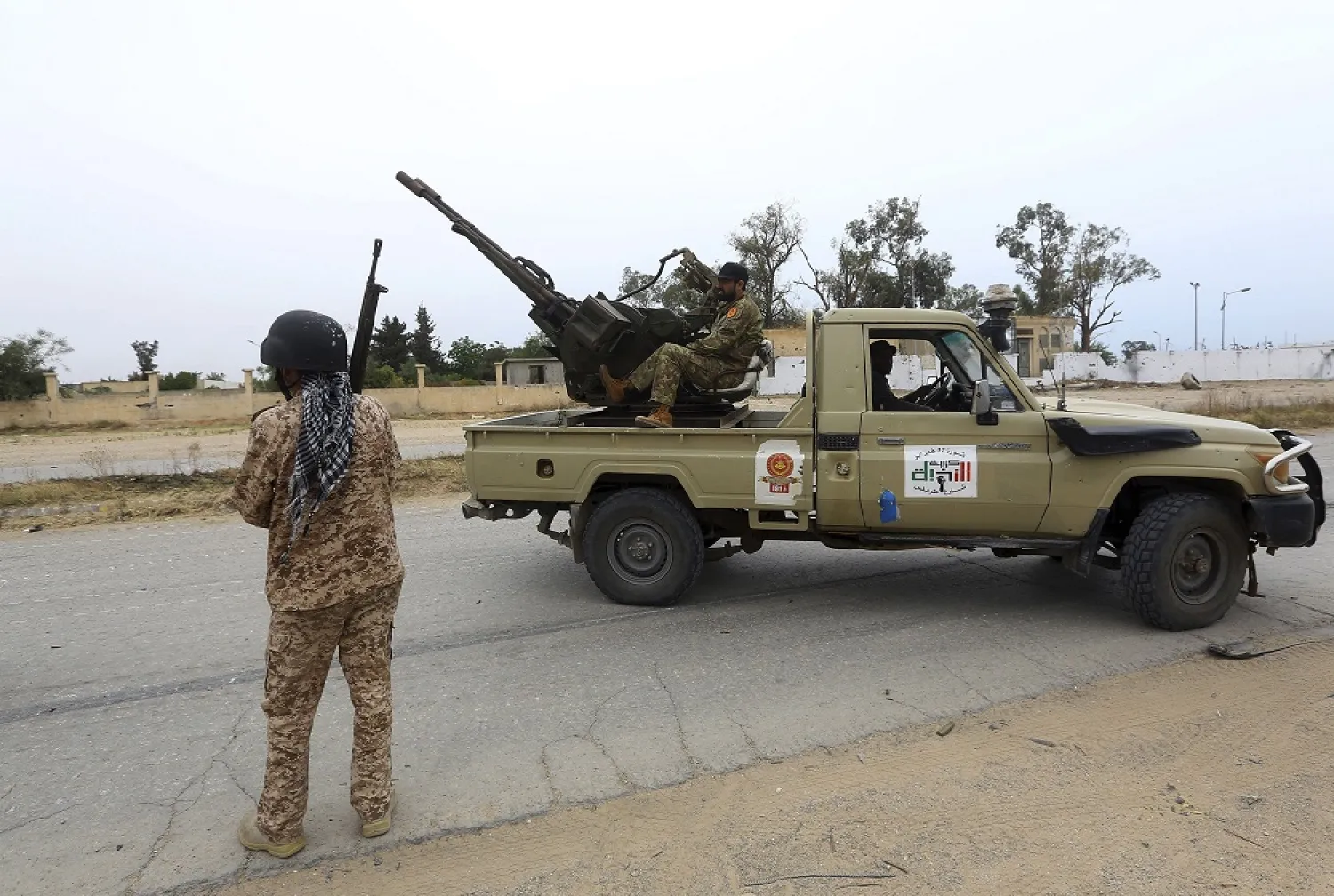Russia accused on Wednesday Turkey of bringing in foreign fighters into the North African country.
Interfax cited Russian Deputy Foreign Minister Mikhail Bogdanov as making the allegation.
Libyan Foreign Minister in the East Abdulhadi Lahweej made similar charges, saying the Tripoli-based Government of National Accord (GNA) was using revenues from oil to pay for thousands of mercenaries coming from Syria to help it.
The Libyan National Army (LNA) launched in April an offensive against Tripoli to rid it of criminal and terrorist militias loyal to the GNA.
Turkey and the GNA signed last year a military cooperation deal and Ankara has since sent troops and allied Syrian fighters there.
On the oil blockade in Libya, Lahweej said his government, parallel to the GNA, could not force pro-LNA tribesmen to lift the embargo that he said was a "popular decision".
"We cannot use our power to lift the blockade," he told journalists in Geneva.
He also reiterated that his side, led by LNA commander Khalifa Haftar, would not participate in political talks due to begin in Geneva on Wednesday, saying there was no agreement with the UN mission on the composition of their delegation.
"The participation for the moment is suspended," he said.
The United Nations had planned to bring together lawmakers from both sides of Libya's conflict on Wednesday to end the fighting over Tripoli as part of a dialogue encompassing military, political and economic strands.
Moreover, Lahweej took aim several times at GNA Fayez al-Sarraj, who earlier this week called Haftar a "war criminal" at the UN Human Rights Council in Geneva.
"The war criminal is the one who accepts mercenaries to kill people and accepts pilots who kill civilians," Lahweej said.
On Sunday, the LNA said it had killed 16 Turkish soldiers in recent weeks, accusing Ankara of continuing to provide military support to militias loyal to the GNA.









